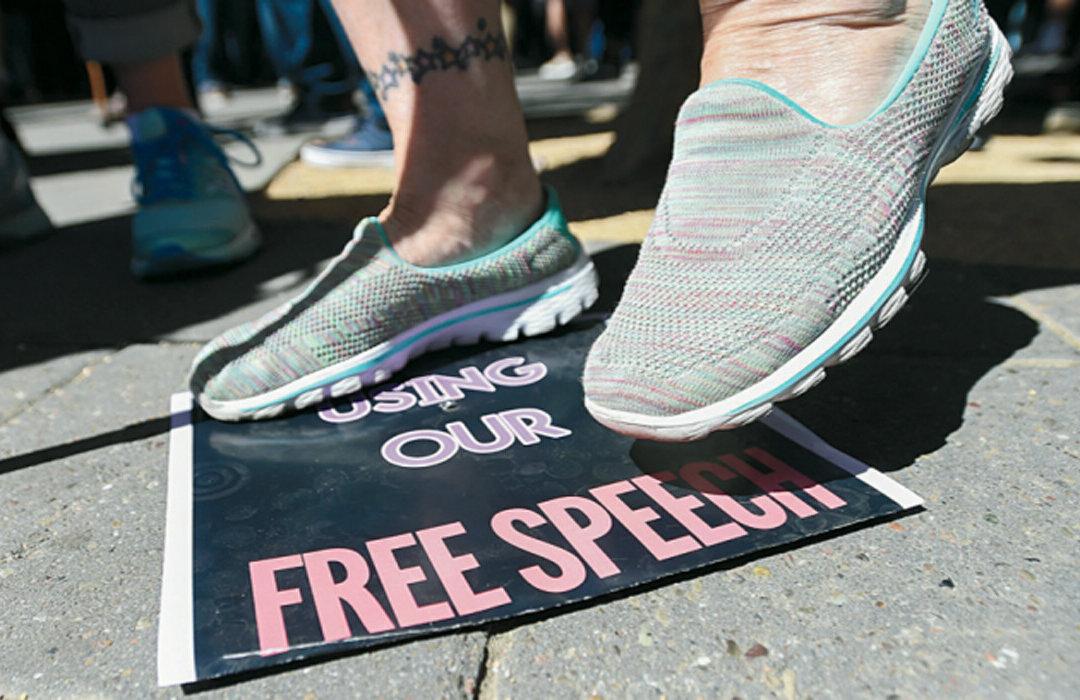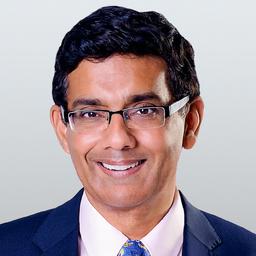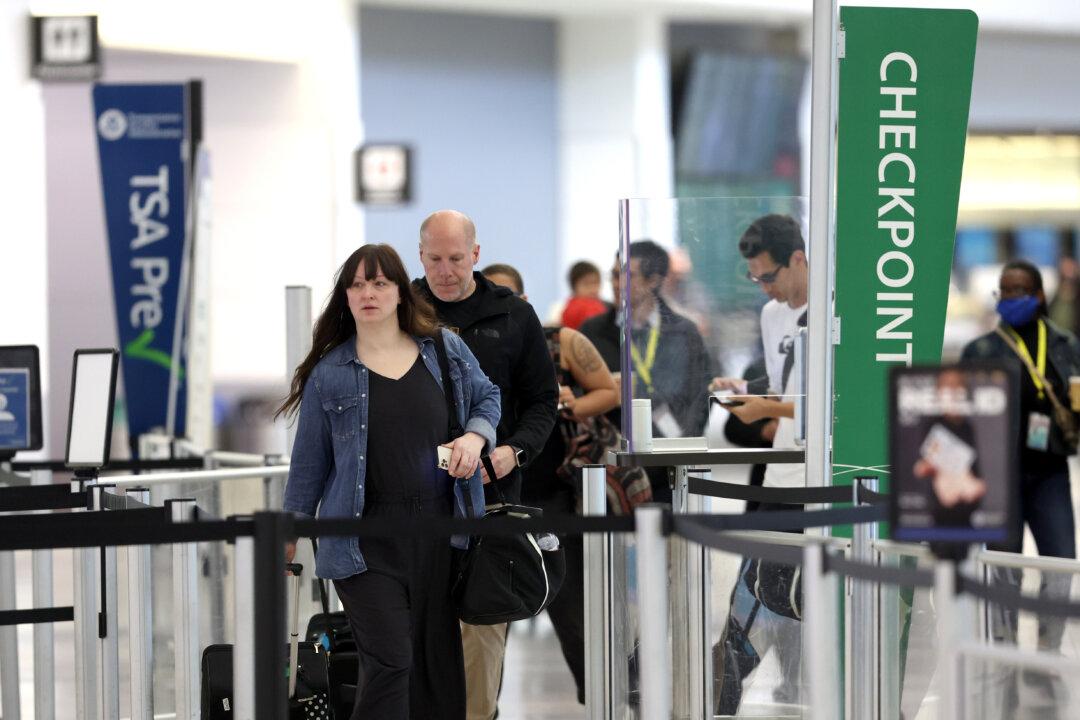Commentary
This past weekend, I spoke at a huge rally in Wisconsin. Organized by Mike Lindell, the charismatic founder of MyPillow, the rally featured speakers such as Charlie Kirk, founder of Turning Point USA, the black social media duo Diamond and Silk, my daughter Danielle D’Souza Gill, who is hosting a new weekly show on Epoch TV, and Lindell himself. Donald Trump called in and spoke to the audience via the Jumbotron. The atmosphere was festive, energetic, electric.





